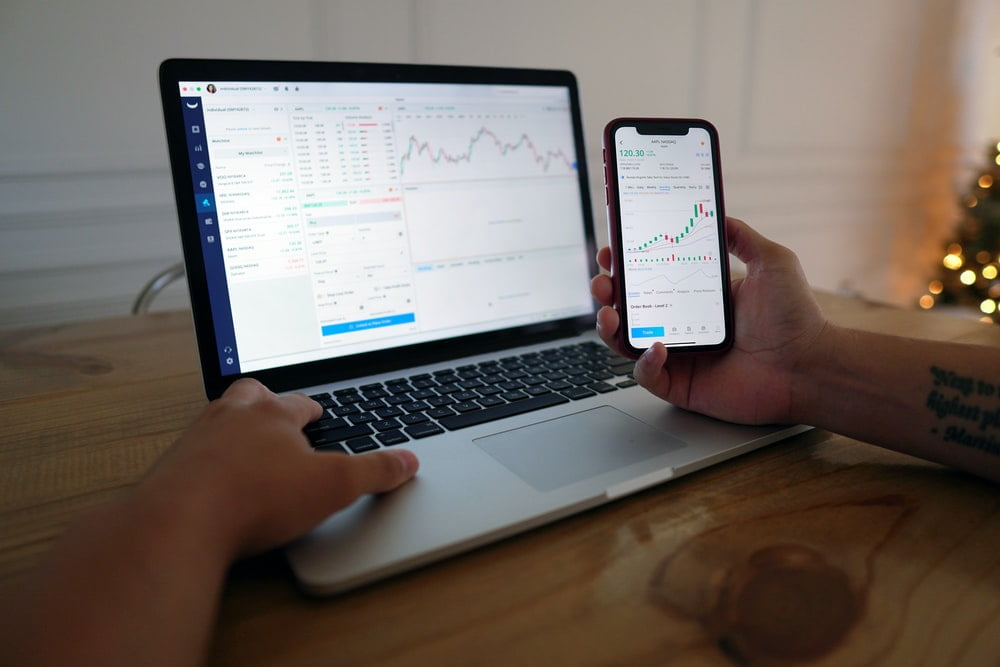In business, risk management implies analyzing, identifying, and managing any events that might negatively affect the investment. The key, essential concepts of risk management that should be internalized are compliance, financial, reputational, operational, and strategic risk.
The same principles apply when it comes to forex trading, with a number of specificities related to this particular market added. Knowing the odds and studying liquidity are a couple of techniques that will help you learn how to manage the risks of your investments. But executing them efficiently requires a certain amount of prior experience and knowledge. Without further ado, here are a few things you need to know about forex risk management.
Be Aware of the Odds
Determining the odds of your investment being successful is one of the most important rules of risk management. In order to do that efficiently, you need to learn how to perform technical analysis. Further on, having a keen understanding of the forex market in general and the one you are focusing on in particular will help you assess the trading patterns and evolutionary dynamics. This, in turn, will aid you in measuring the risk and, by extension, controlling it.
Psychologically speaking, when it comes to odds, it is best to know how much you are willing and financially capable to lose. Stretching your financial capabilities in hopes of managing the odds in your favor is not recommended.
Famously, Bill Lipschutz made a tremendous fortune on the forex market by mastering risk management. Before that, at the beginning of his career, he lost $250.000 due to an uninspired trading decision. But he learned from his mistakes and ended up netting $300 million per year for the company where he was employed.
Studying Liquidity
Liquidity is another risk factor that should be studied with great attention. In short, liquidity is the factor that determines if there are enough buyers and sellers at current prices to efficiently take your trade. When it comes to this particular market, liquidity problems will not usually occur, especially in the case of major currencies like the Dollar and Euro.
One thing to remember is that the broker liquidity will directly affect your trading opportunities because not all brokers will have this type of liquidity and it will not necessarily be the same for all currency pairs. If you are an independent investor who is not trading directly with large institutions, like international banks, you will need to seek the assistance of an online broker. This way, you will have a certified professional who will have enough liquidity to execute your trade in an efficient fashion.

Leverage
In short, leverage means using the broker’s or bank’s money instead of using your own, which provides the trader with a certain amount of financial flexibility. In other words, you borrow money from other parties, usually a broker, and invest it in a certain forex venture. Also, since the forex market has a high liquidity potential, leveraging can allow the trader to control large amounts of money.
For example, in an ideal scenario, by putting down a deposit of $1,000, you can trade $100,000. Mathematically speaking, this is a leverage factor of 100:1. Andrew Krieger sensed that the New Zealand dollar was vulnerable to short selling in the context of a worldwide financial panic. As a result, by applying leverage of 400:1 to his trading limit, he obtained a short position even larger than the country’s money supply and made over $300 million for the company where he was employed.
Know Your Limits
With all the technical concepts that you could find in any forex for beginners guide out of the way, there is another factor that will determine your success, and it has nothing to do with mathematics and formulas. It is your ego.
Bad trading habits are more often than not one of the main reasons why the end results of an investment are not ideal. Like in any business venture, taking responsibility for one’s actions, being self-aware, and knowing the personal limits is essential, and a sign of professional maturity. Nobody strikes gold right from the get-go. It takes a lot of trial and error to find the perfect balance between following your instinct and applying technical knowledge.
Another important thing to learn is assessing your losses and moving quickly to the next investment. Taking it personally and fully blaming various other external factors for your failures will only demoralize and incentivize you to repeat the same mistakes over and over again. Emotions have no place in forex trading. Remember, losses are not necessarily failures. They are an essential part of learning how to operate in this market.
Conclusion
Learning how to manage various risk factors is important in every business venture, especially in the forex trading market, where you need to have an edge over other participants if you want to succeed. Knowing the odds, checking the liquidity levels, being familiar with the concept of leveraging, and knowing your personal limits as a trader will aid you in your investments. Discipline and good trading habits will determine how successful you will be as a forex trader.




